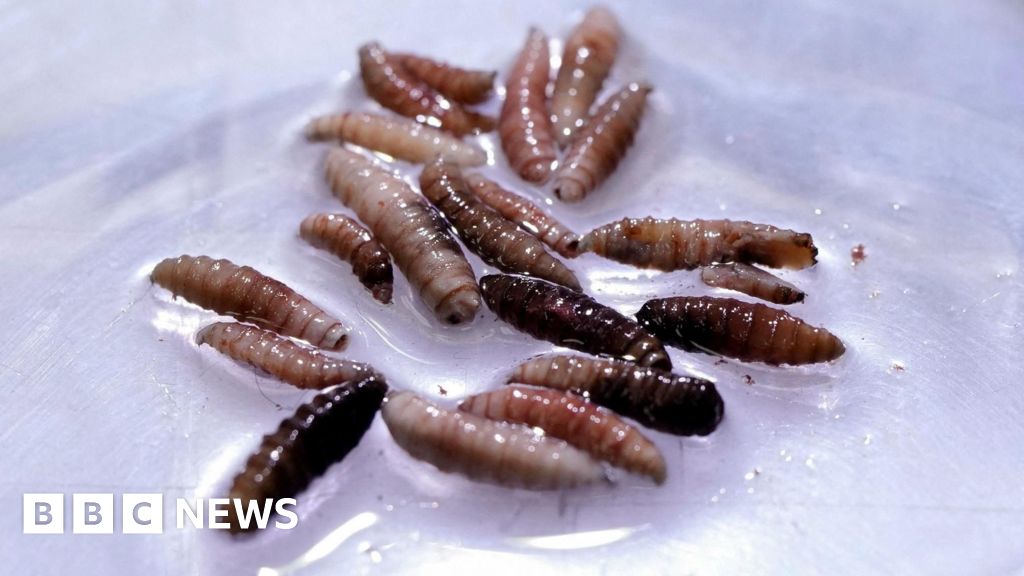The number of animals infested with New World screwworm (NWS), a flesh-eating parasite, has risen by 53% in the four weeks to mid-August, according to Mexican government data.
These infestations primarily affect cattle; however, several cases have also been registered in dogs, horses, sheep, and humans.
Dozens of people have been treated for infections in hospitals across the southern Mexican states of Campeche and Chiapas following this alarming rise in cases.
This increase coincides with the confirmation of the first human case of screwworm infestation in the U.S. in a patient returning from El Salvador.
NWS was declared eradicated in the U.S. in 1966 after interventions like the release of sterile male flies disrupted their reproductive cycle, and Mexico followed suit in 1991. However, the parasite still thrives in tropical and subtropical regions of Central and South America, and has recently been spreading north with the first new case reported in Mexico in November 2024.
Female New World screwworm flies, scientifically known as Cochliomyia hominivorax, lay eggs in open wounds on warm-blooded animals, including humans. The larvae then hatch and burrow into these wounds, feeding on living flesh, a dangerous condition referred to as myiasis.
If untreated, this infestation can cause severe tissue damage and even lead to fatality as the larvae invade the body with their sharp mouth hooks.
Health authorities emphasize that fatal human cases are rare, yet vulnerability increases in those with existing health conditions and the elderly. One reported case involved an 86-year-old woman who died in July from skin cancer complications exacerbated by a screwworm infestation.
Most at risk are individuals working with livestock or residing in rural areas with infested livestock. The U.S. Centers for Disease Control and Prevention advises anyone visiting areas with screwworm presence to be vigilant about symptoms such as unexplained skin lesions, feeling larvae movement within wounds or mucous membranes, and seeing maggots in open sores.
Preventative measures include keeping wounds clean and covered, using insect repellent, and seeking immediate medical attention if infestation is suspected.



















